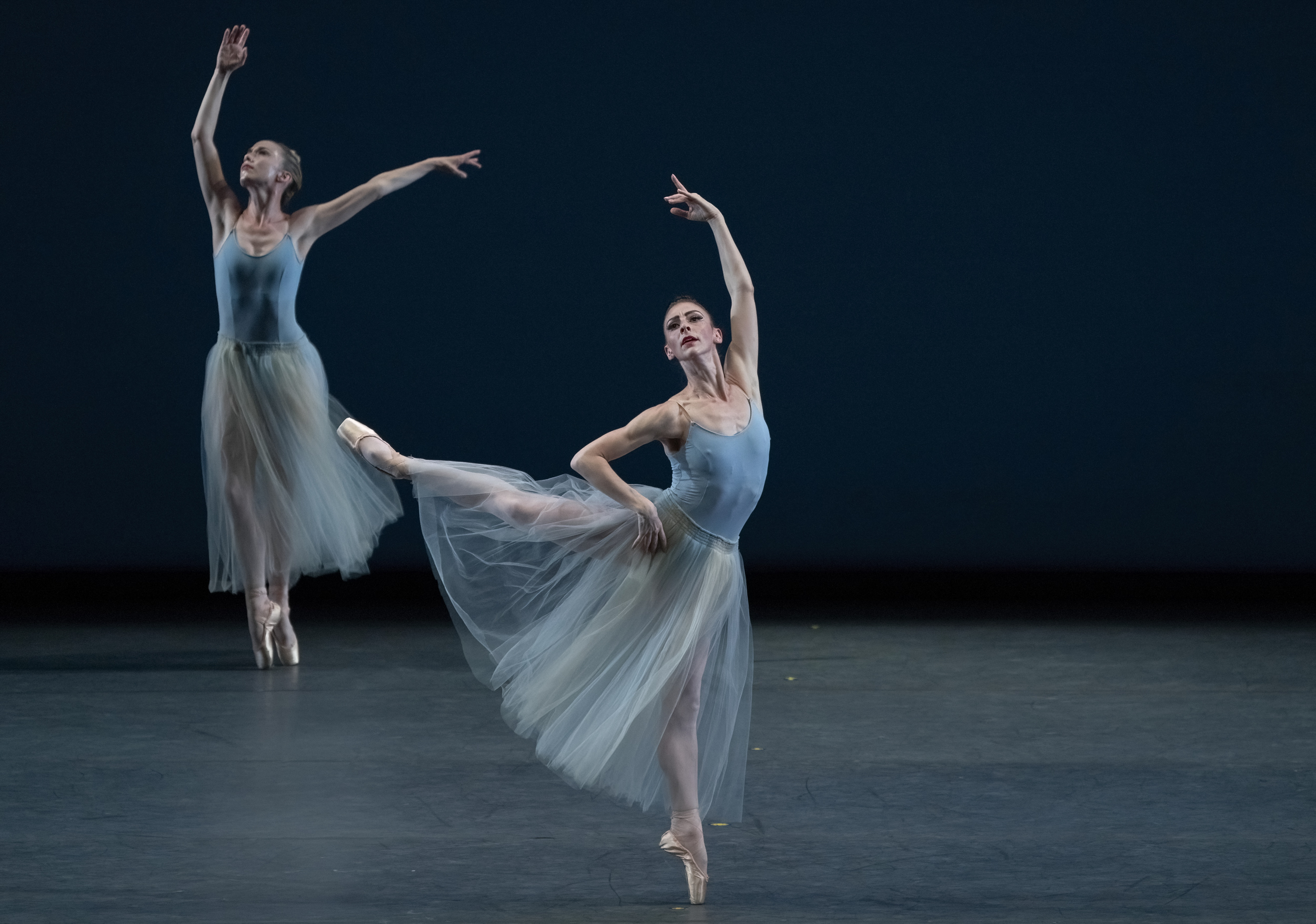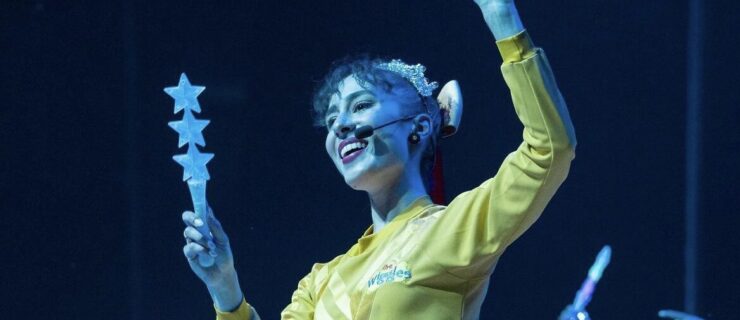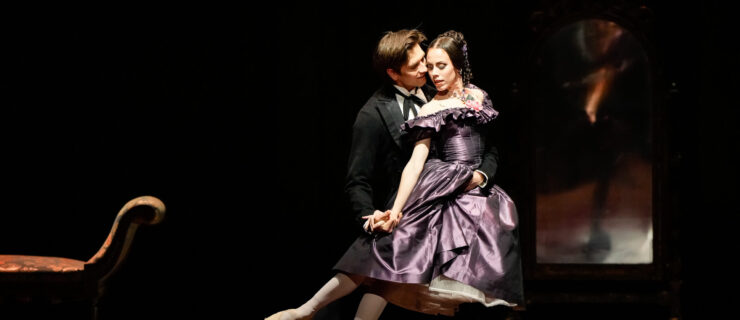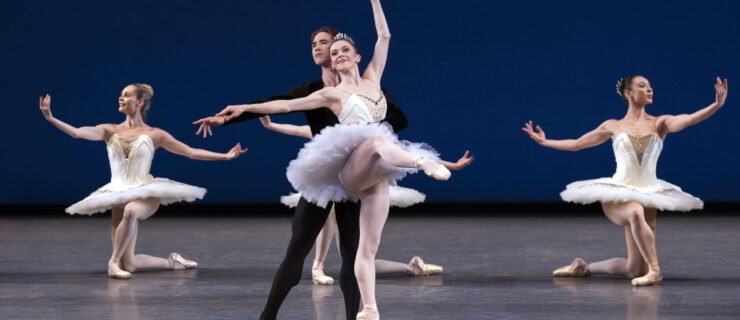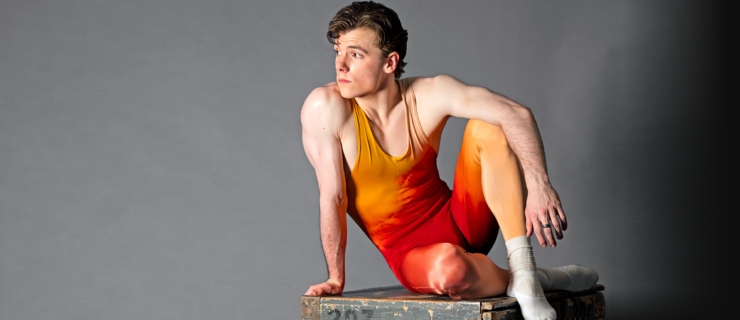Miami City Ballet’s Samantha Hope Galler on Prioritizing Progress Over Perfection
Miami City Ballet’s Samantha Hope Galler was promoted to principal in October 2023 and has treasured every stepping stone on her path to get there. She shares her journey moving from a small company to a larger one, how she’s learned to process rejection, and the roles that have taught her the most about herself.
You had many steps to get to where you are now—Boston Ballet School, a fellowship at Cincinnati Ballet, and then a contract with Alabama Ballet. How did you land at Miami City Ballet?
Miami was always on my radar. I had a good amount of exposure to Balanchine training at Boston Ballet School, but it wasn’t my primary training. Alabama Ballet is a classical company, but they brought in a lot of diverse rep and they really invested in me. The stuff I got to do there was pivotal in shaping me, like Romeo and Juliet—crying on the floor, learning how to be an actor, and making it natural and realistic.
After five years, I auditioned at MCB. I was initially told they only had male positions, even though they liked me. I’d been around the audition block many times before and was emotionally exhausted. In Alabama, they had given me so many great opportunities, so while I was upset to not be going to a bigger company, I knew I was dancing things that I wouldn’t have been able to do elsewhere. Then, I got an unexpected email from [artistic director Lourdes Lopez] saying they were hiring me. It was a long journey to get here, but it did and does define me.
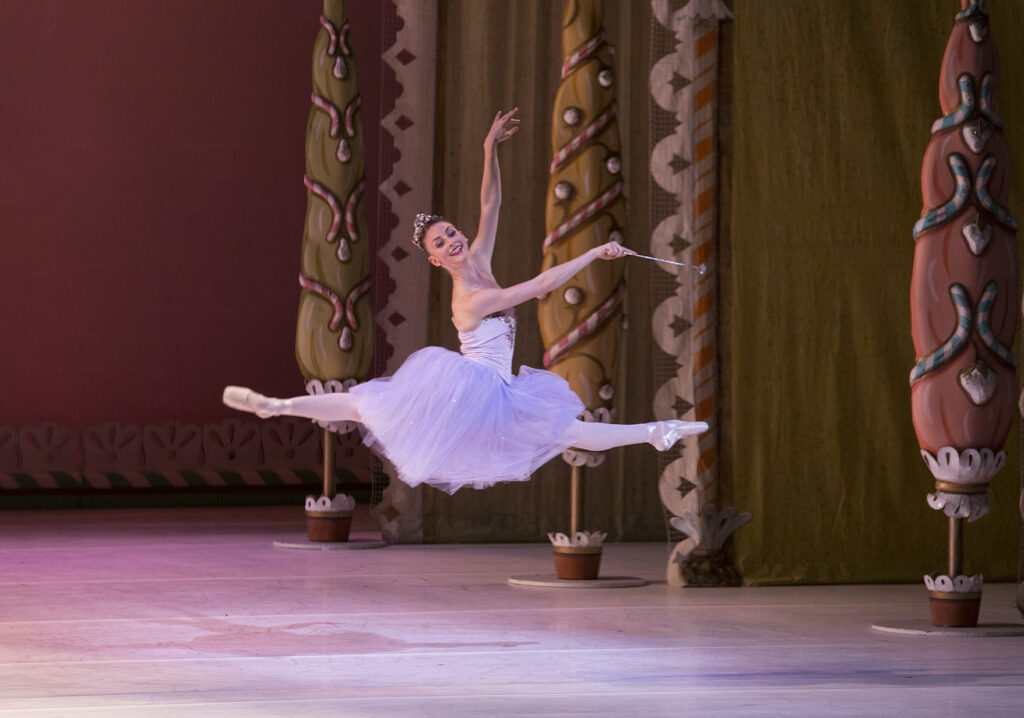
Do you have a preference between classical story ballets or plotless neoclassical works?
Every ballet has its own reason for being. I can’t say I love one more than the other. I did start out loving story ballets, but now I that I’ve gotten to dance the varied rep here at MCB, I have another whole appreciation for neoclassical works.
What ballet or role has taught you the most about yourself as a dancer?
Serenade. That ballet has shaped me over time. I did it in school, in the corps. Then I danced it in Alabama in two other corps spots, and was cast as Dark Angel. Then I came to Miami, and I did the corps, then the Russian Girls, then the Russian Girl. Most recently, I got to be in the studio with Lourdes, who danced the ballet right before Balanchine died. I have these different perspectives and viewpoints from it.
I also can’t not mention Swan Lake. I did the Petipa/Ivanov version in Alabama, and then Alexei Ratmansky’s 10 years later at MCB. It’s a lot of acting, and when I was first exposed to it I had no idea what I was doing. You have to be taught how to hold your eyebrows or where your fingers go. I had that layer of it going into Alexei’s version. Swan Lake and Serenade are two very different ballets, but they’ve been a similar journey.
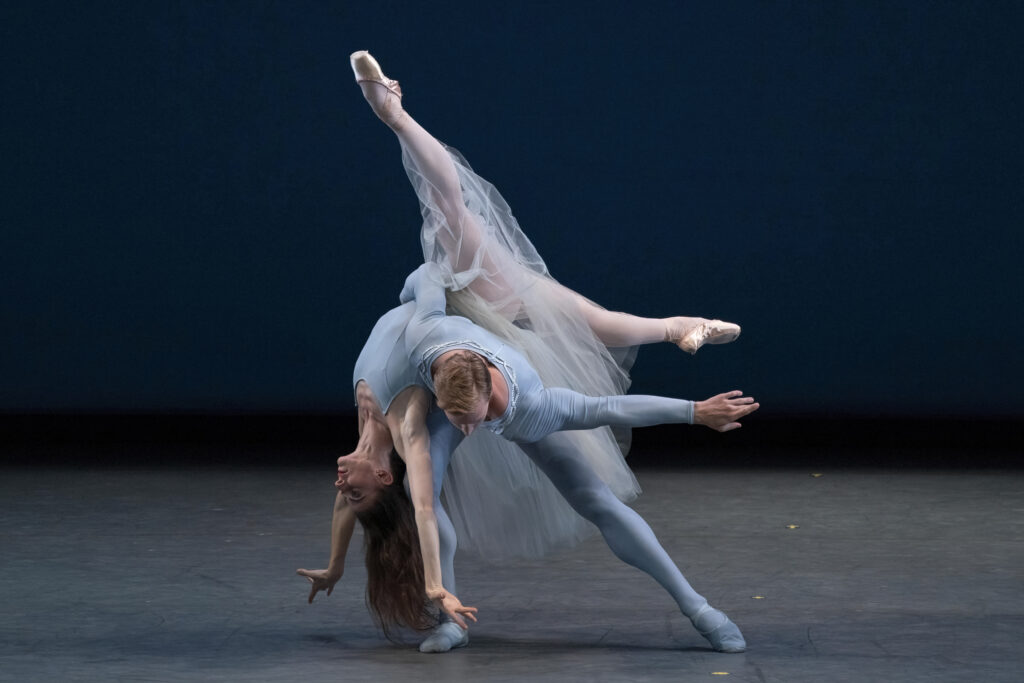
What do you enjoy more: performing or being in the studio?
I love being in a studio; that’s where you learn the most about yourself. But, ultimately, being onstage is where my heart is. It’s like you’re being swallowed by it—there’s a black hole and then this one light. You can’t compare performing to anything else. It’s special.
What qualities do you admire most in other dancers?
One of my colleagues is so calm. I admire that. I’m always going through things internally and repeating.
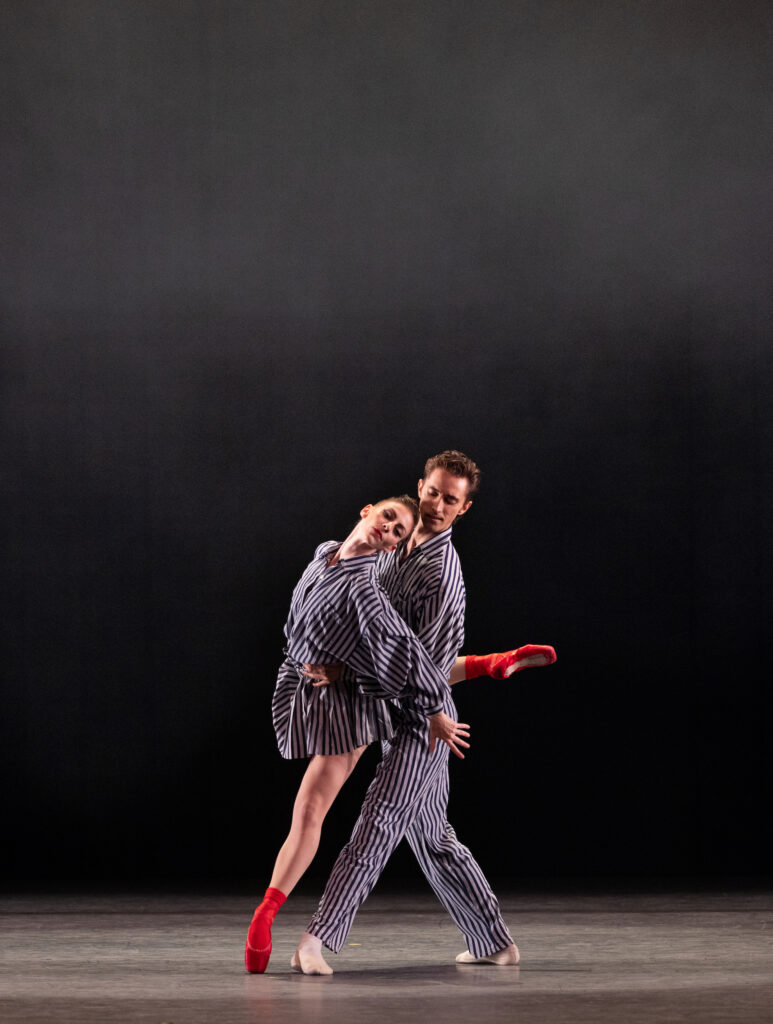
What’s been your biggest hurdle as a dancer?
I had difficulty processing rejection when I was younger—being okay with it, letting things go. Instead, I was holding on to everything and couldn’t process through it. I needed to learn how to train my mind. I have seen a sports psychologist for 20 years. Developing that mental strength has helped.
What advice would you have for students wanting to be professional dancers?
I always say, “It’s about progress, not about perfection.” I had ups and downs that were really hard, and times where people told me I wouldn’t get a job or my body was wrong. I learned how to work through that. It took me years to get to a major company. Everyone has their own way to get where they’re going, and everyone has stepping stones that they have to take.
If you weren’t a dancer, what would you be?
I don’t think a lot about it. But I did go to school for environmental science, thinking I’d be a park ranger in my later life…
